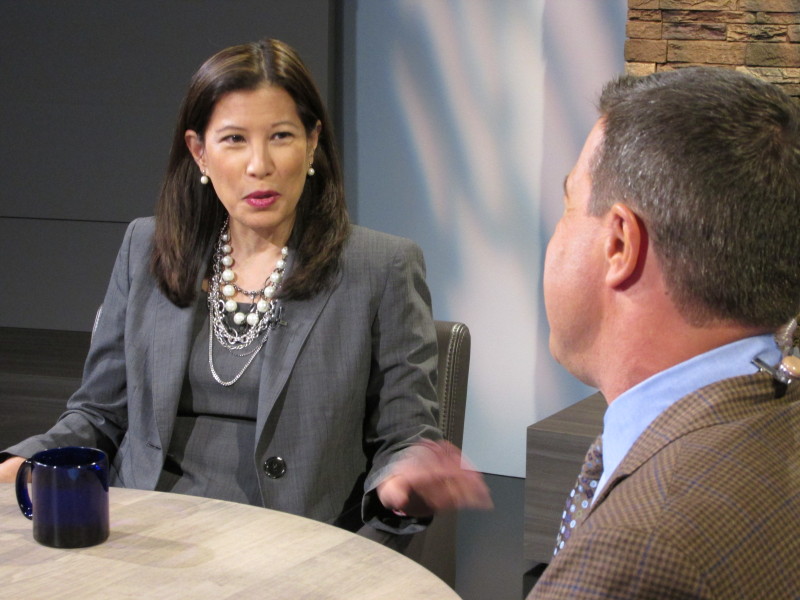The seven members of the California Supreme Court spend about 25 percent of their time on death penalty appeals, an extraordinary allocation of scarce resources that no doubt frustrates them.
In an interview with KQED this week, I asked Chief Justice Tani Cantil-Sakauye to assess the state of capital punishment in California, given that there hasn't been an execution since 2006 -- even though there are more than 700 inmates on death row.
"It's difficult to say it's working," she said in her typically cautious manner. "And there's no talk in the state Legislature of fixing it."
"Fixing it" would mean spending more public money to expedite appeals and reduce the average wait time of more than 20 years between convictions and executions. Faster executions? Of course that's the last thing Democrats want.
In some ways Cantil-Sakauye has seen the high court shift leftward right out from under her. When Republican Gov. Arnold Schwarzenegger chose her to replace retiring Chief Justice Ronald George in 2010, the court had just one member appointed by a Democratic governor -- Carlos Moreno.
